The 38th African Union Summit opened this Saturday in Addis Ababa, marking a crucial moment for Algeria, a key player in continental diplomacy. This two-day assembly brings together African heads of state to discuss strategic issues, where Algeria’s expertise and influence prove to be decisive.
With its diplomatic experience and geostrategic position, Algeria positions itself as a key interlocutor in discussions on continental peace and security. Its historical engagement in the African Union’s « Silencing the Guns » initiative, whose biennial report will be reviewed at the summit, highlights its pivotal role in resolving African conflicts. The ambitious goal of ending armed conflicts by 2030 finds in Algeria a resolute advocate, bolstered by its own experience in national reconciliation.
Economically, Algeria makes a significant contribution to discussions on the African Continental Free Trade Area (AfCFTA). Its status as a regional economic power and its expertise in the hydrocarbons sector make it an essential player in Africa’s economic integration.
The issue of reparations related to slavery and colonialism, the central theme for the year under the banner “Justice for Africans and People of African Descent through Reparations,” finds in Algeria a natural advocate. The country, which waged a historic struggle for independence, lends particular legitimacy to this initiative aiming to obtain financial compensation and official recognition of past injustices.
The recent admission of the African Union as a permanent member of the G20 opens new prospects where Algeria’s diplomatic experience will be invaluable. Already active in international forums, the country will be able to help strengthen Africa’s voice in global governance.
The reform of the UN Security Council, another major topic of the summit with the expected report from the Committee of Ten, will benefit from Algeria’s expertise in international relations. Algeria, which has consistently advocated for more equitable representation of Africa in international bodies, brings its vision and experience to this crucial debate.
Issues such as climate change, development financing, and social justice, also on the agenda, align with Algeria’s concerns for the continent’s sustainable and equitable development. Its leadership role in energy transition and commitment to social justice make it an essential contributor to these discussions.
The notable absence of Congolese President Félix Tshisekedi, who is held up by ongoing conflicts in the DRC, underscores the importance of regional security concerns, a domain where Algeria has always played a stabilizing role.
This summit is thus shaping up to be a platform where Algeria will once again demonstrate its leadership and commitment to the development and stability of the African continent, while strengthening its strategic alliances and promoting its national interests within a continental framework.


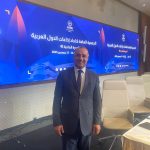

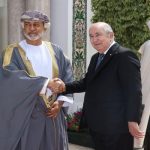
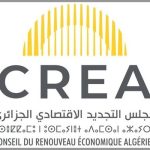
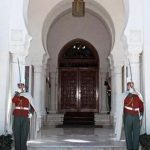
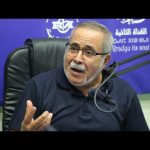
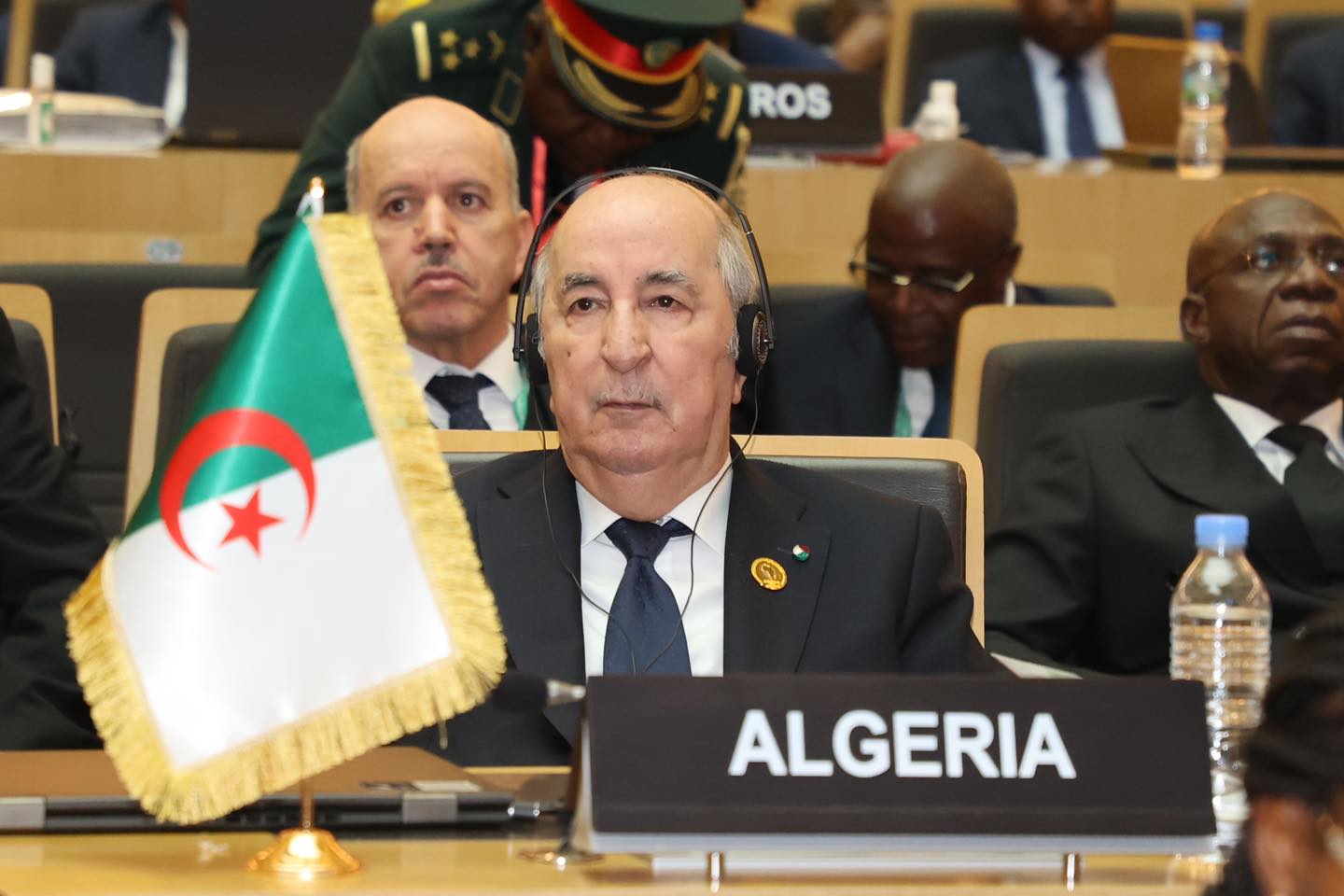
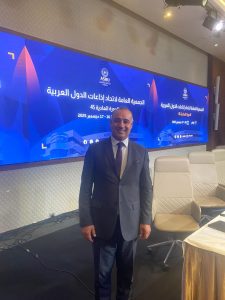

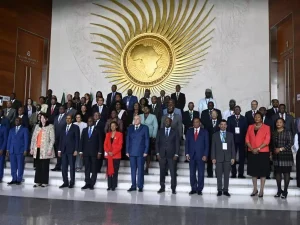
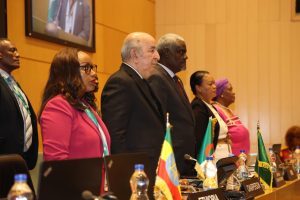

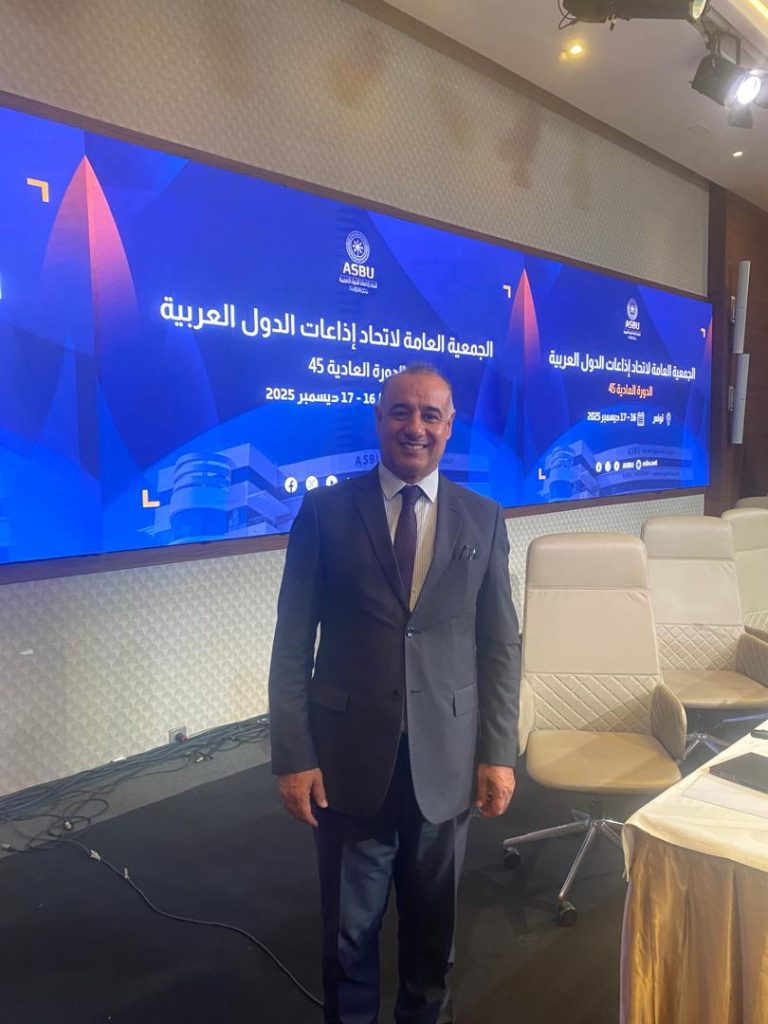

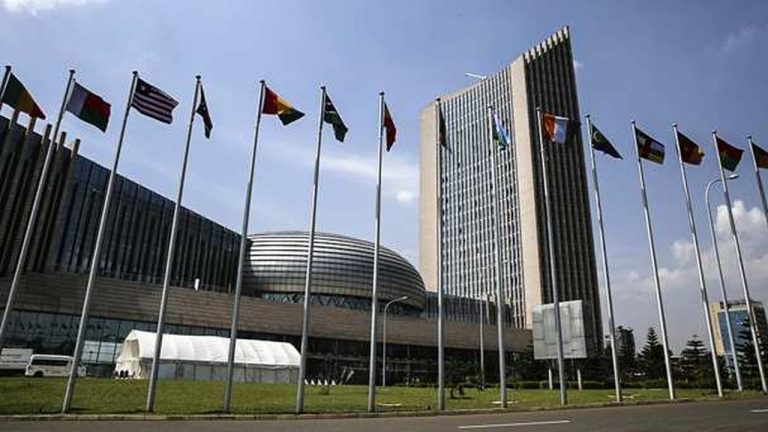
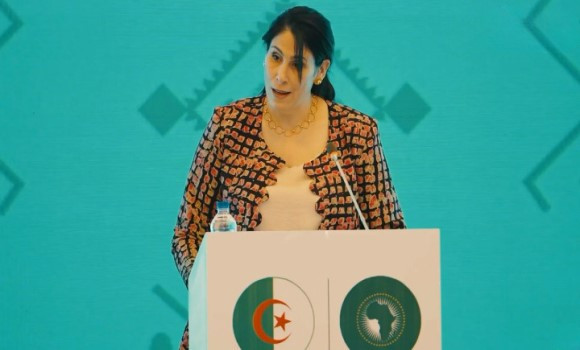
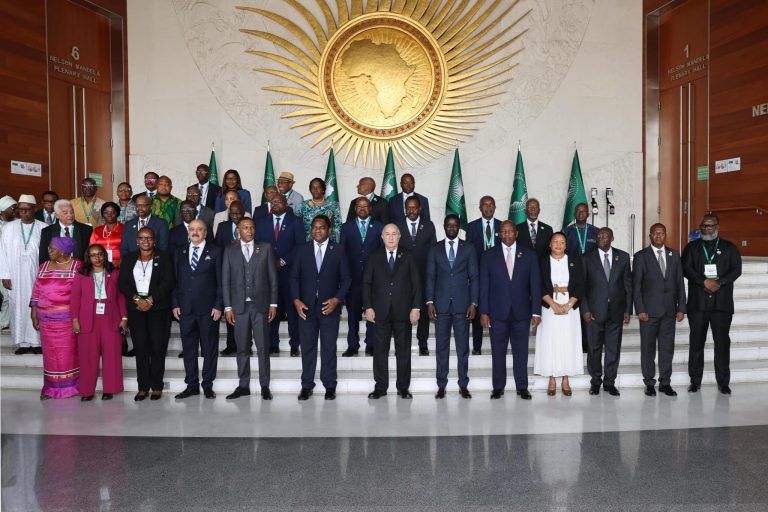
+ There are no comments
Add yours